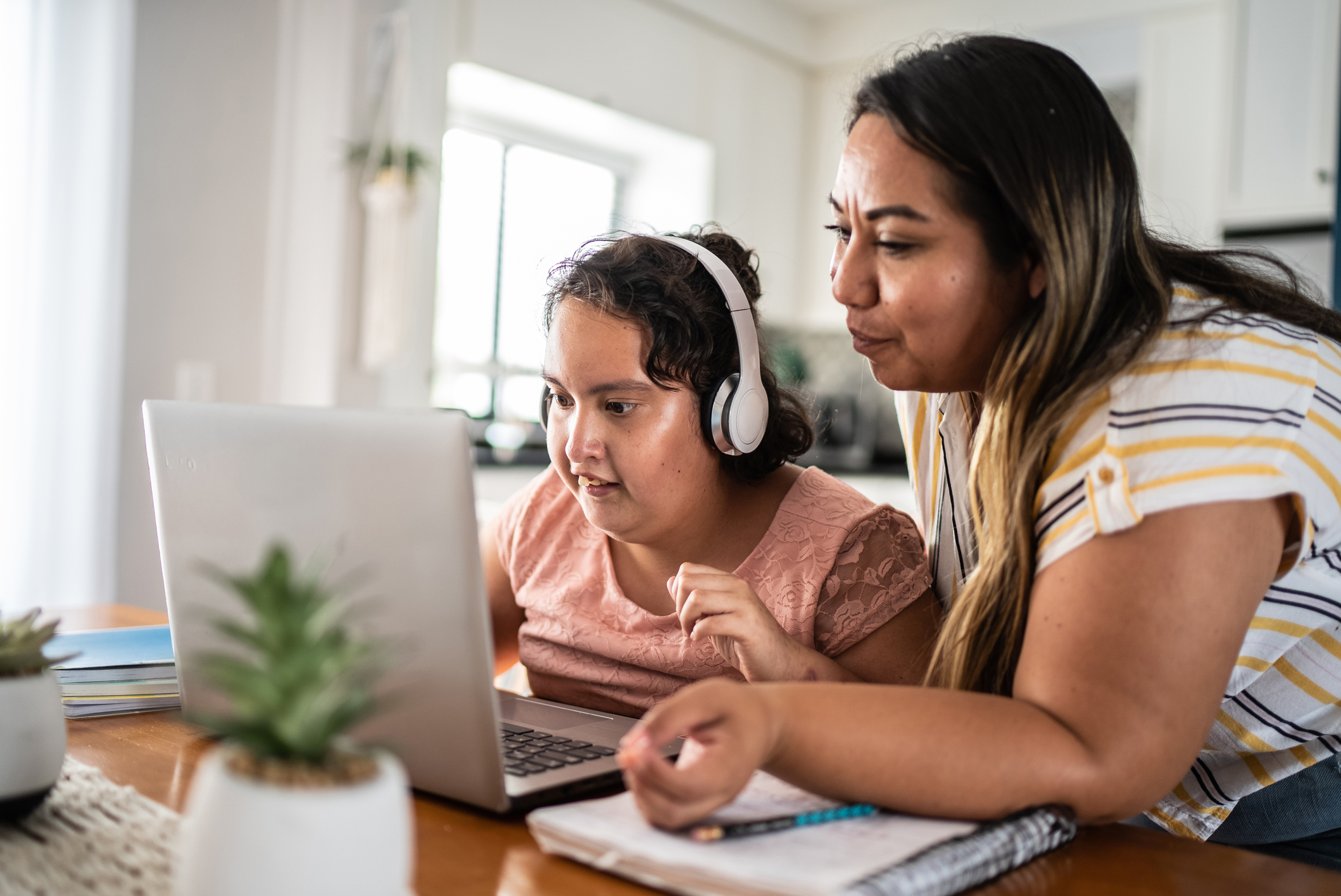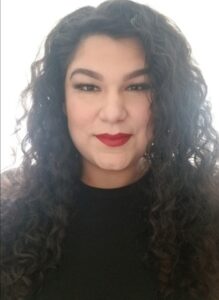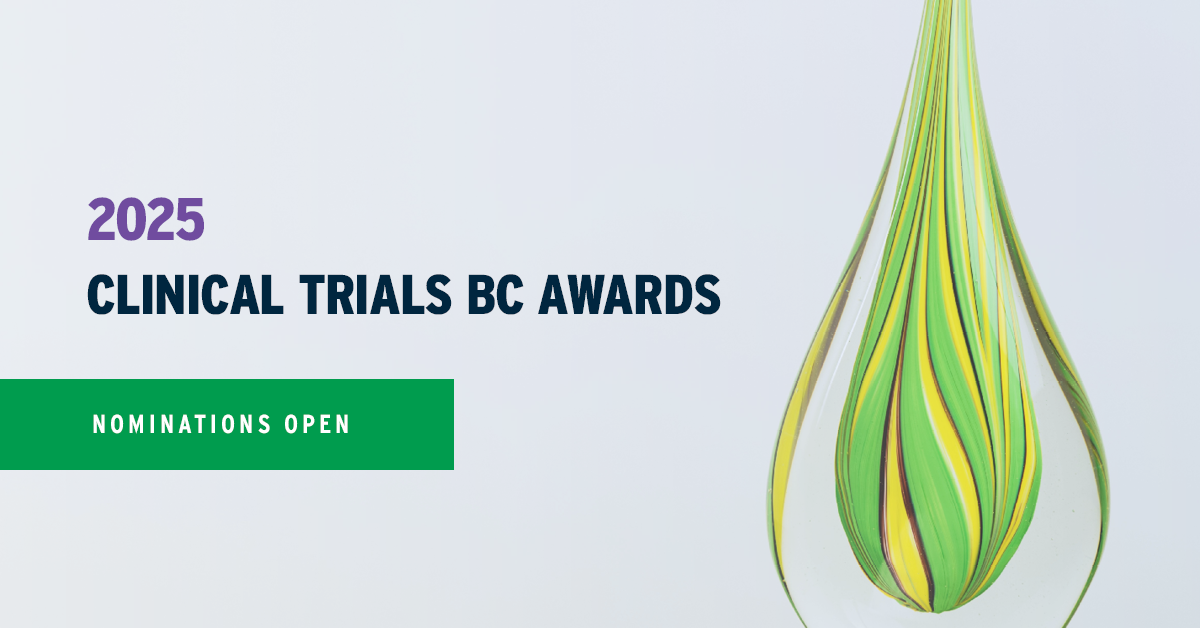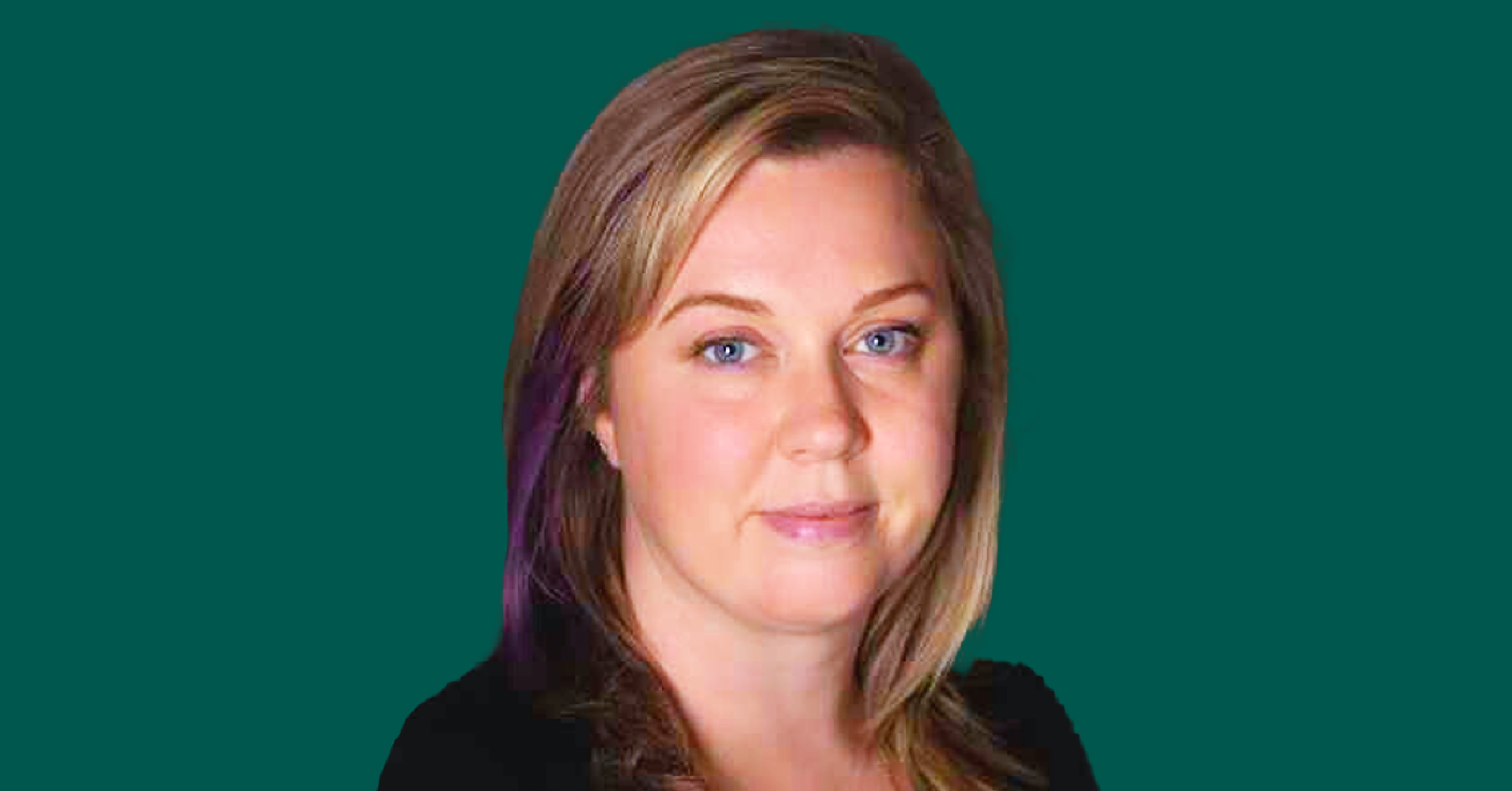Library shares experiences of kids with brain-based disabilities
14 March 2024

If our health system is evidence-based, how do we include knowledge from kids with brain-based developmental disabilities? Two organizations join to create a library of lived experiences.

“I want to have meaningful insights into human existence,” says Dr. Dan Goldowitz, scientific co-director at the CHILD-BRIGHT Network — a pan-Canadian research network that works to create brighter futures for children and youth with brain-based developmental disabilities and their families. “I want to understand how the brain develops and how it relates to the human condition. That’s always been part of who I am.”
As a lab scientist, Dan has pioneered research on how genes shape brain development in kids. This includes brain-based disabilities, such as autism spectrum disorder and attention-deficit hyperactivity disorder.
He has seen first-hand how children living with brain-based developmental disabilities are often excluded from research that’s meant to support them. This means their needs may be overlooked in health settings. On top of this, there are systemic barriers that continue to exclude people based on their race, culture, gender, and ability, among others.
“Patient experience data are often seen as a complaint or considered anecdotal,” says Dan. “But the patient’s point of view needs to be on par with other types of evidence.”
What you should know
|
|---|
Patient feedback isn’t well-documented
Even when patient feedback is gathered in the health system, it may not be analyzed or publicly shared. If our health system is evidence-based, who is collecting evidence on patient experiences?
Patient partners in the United Kingdom began to ask themselves this question. In response, they built an online library that shares research on people’s lived experiences.
Dan first heard about this patient library on a podcast. “I thought it was a brilliant idea,” he says. “It’s something I thought we could do. At least initially, the focus would be on neurodevelopmental disabilities.”
Partners work together on solutions
Despite clear support from people with lived experience for the project, it faltered without funding. But, when Dan heard about the BC SUPPORT Unit’s service and partnership opportunity, it seemed like a great fit.
The BC SUPPORT Unit, part of Michael Smith Health Research BC, moves research evidence developed with patients into practice. The BC SUPPORT Unit offers in-kind support for researchers and organizations holding an active grant under Canada’s Strategy for Patient Oriented Research (SPOR). SPOR is a national initiative funded by the Canadian Institutes for Health Research. Services include training to engage patients in research, data planning, and more. Partners work together on solutions.
Dan proposed the library for this opportunity. “I think the BC SUPPORT Unit is the only organization doing this right now,” he says. “It’s a good model for how similar groups can engage in their provincial environment.”
“The BC SUPPORT Unit is pleased to partner with CHILD-BRIGHT on this beautiful and creative endeavour to amplify the voices of neurodiverse children and their families,” says Monica Mamut, Director, BC SUPPORT Unit. “Our shared goal is to help close the implementation gap between research evidence and practice at the bedside. The lived experience library will expand our understanding of neurodevelopmental disabilities here in BC, and beyond.”
Creating safe, brave spaces
The CHILD-BRIGHT network, funded in part by the Canadian Institutes for Health Research, engages youth partners with brain-based developmental disabilities and their families in every stage of research. This includes projects like the lived experience library.

“Objectivity is a key part of the scientific method in western society,” says Guu Gaa Jung. “The evidence gathered through the scientific method can be lost in translation if the work isn’t part of the researcher’s lived experience.”
As an Indigenous parent of neurodiverse children with high support needs, Guu Gaa Jung champions cultural safety and health equity. “Historically, research hasn’t been done alongside Indigenous people – it’s done upon Indigenous people,” she says. “So, the patient library flips this approach. That’s at the heart of why I want to do this work.”
Guu Gaa Jung also advocates alongside people who have experienced harm in the health care system, including Black, Indigenous and people of colour (BIPOC) people.
“I feel like there’s a lot of keen families who are BIPOC who want to support their person with disability,” she says. “But for a lot of these families, they’re historically excluded from these spaces. I pray that we can do this right so there are more safe, brave spaces for them to be.”
A first in Canada
This is the first Canadian library led by people living with direct experience of neurodevelopmental disabilities. The library will focus on their priorities. People with lived and living experiences will identify the most pressing issues for their community. This could include challenges such as wait times or getting a diagnosis.
The library will include writing, photos, videos and recorded conversations with children, youth and their families. The library team has hired a project coordinator, and next steps are to hire a librarian and involve students to move the project forward.
“As Indigenous people, we follow oral traditions through song and story to transfer knowledge,” says Guu Gaa Jung. “Storytelling is one of the best tools we have to put the power back into people’s hands. That’s why I think the lived experience library is so powerful. There’s no better resource for a med student, a nursing student, a social work student than hearing from people themselves.”
Researchers, clinicians, health administrators and people with lived experience will use the library to share ideas and learn from each other. Ultimately, the lived experience library will support clinical and policy change.
“It’s an activist library,” says Dan. “It’s not just a housing of stories and videos and research articles and lay summaries – it’s also meant to have impact.”
Service and partnership with the BC SUPPORT Unit
- Offers in-kind support
- For researchers and organizations with an active SPOR grant:
- SPOR Networks
- SPOR National Entities
- SUPPORT Units
- Services include:
- patient engagement
- training in patient-oriented research
- data planning and analysis
- evaluation support
- learning health systems
- knowledge translation
Learn more about the BC SUPPORT Unit’s service and partnership opportunity >
References
Patient experience as evidence, with Miles Sibley. (2020). Matters of Engagement. Retrieved Mar 4, 2024 from https://mattersofengagement.com/patient-experience-as-evidence-with-miles-sibley/
Patient experience library. Retrieved Mar 4, 2024 from https://www.patientlibrary.net/cgi-bin/library.cgi





